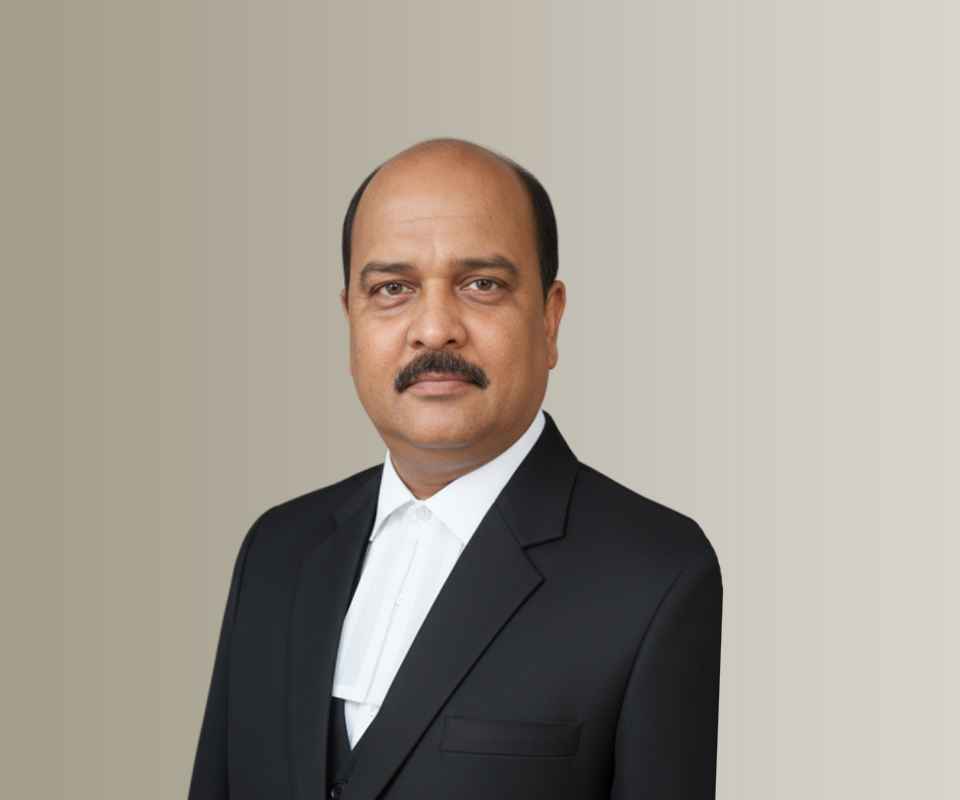Answer By law4u team
Fact-checking organizations play a crucial role in combating misleading advertisements by verifying claims, enhancing consumer awareness, and promoting accountability in advertising practices. Their efforts contribute to a more informed public and encourage ethical standards in marketing.
Roles of Fact-Checking Organizations
- Verification of Claims: Fact-checkers assess the accuracy of claims made in advertisements, identifying false or misleading information that could mislead consumers.
- Raising Consumer Awareness: By publishing their findings, fact-checking organizations inform the public about deceptive advertising practices, empowering consumers to make more informed decisions.
- Promoting Accountability: They hold brands accountable for misleading claims, which can deter companies from engaging in dishonest advertising tactics.
- Encouraging Ethical Advertising: By highlighting examples of misleading ads, fact-checkers encourage advertisers to adhere to higher standards of truthfulness and transparency in their messaging.
- Enhancing Media Literacy: Fact-checking initiatives often include educational resources that help consumers develop critical thinking skills, making them more adept at identifying misleading information in advertising.
Example
For example, if a dietary supplement ad claims to have scientifically proven weight loss results, a fact-checking organization can investigate and publish whether this claim holds up to scrutiny. Their findings not only clarify the truth for consumers but also pressure the brand to rectify misleading statements, thereby contributing to higher standards in advertising practices.







